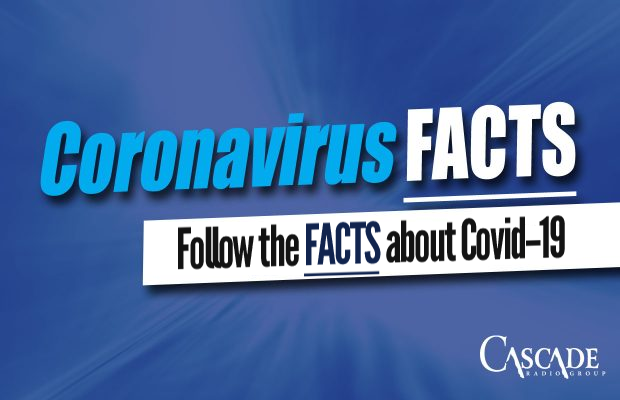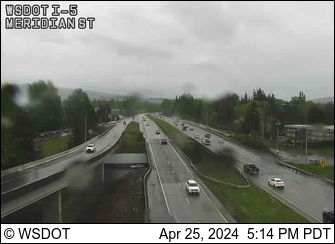List of Essential Businesses Open During the Stay-At-Home Order
FREQUENTLY ASKED QUESTIONS ABOUT NOVEL CORONAVIRUS
What is coronavirus?
Coronaviruses are a large family of viruses, some causing respiratory illness in people
and others circulating among animals. Rarely, animal coronaviruses can evolve and
infect people and then spread between people. Previous coronavirus outbreaks have
included severe acute respiratory syndrome (SARS) and Middle East Respiratory
Syndrome (MERS). The U.S. Centers for Disease Control and Prevention (CDC) believes
the risk to the American public of becoming infected with this novel coronavirus is
low.
How do I prevent the spread of viruses, including coronavirus?
• Wash hands often with soap and water. Use hand sanitizer if water is not
available.
• Avoid touching your eyes, nose, or mouth with unwashed hands.
• Avoid contact with people who are sick.
• Stay home while you are sick and avoid close contact with others.
• Cover your mouth/nose with a tissue or sleeve when coughing or sneezing.
Should I stay home?
The Centers for Disease Control and Prevention (CDC) issued new guidance for
people who have arrived from mainland China on February 3 or later. These
individuals are being asked to stay home and monitor their health for 14 days
following their last day in mainland China.
Anyone who arrived to the U.S. on Feb. 2 or earlier and has no symptoms can
continue normal activities, such as going to class or coming to work, and should
watch for any health changes for 14 days after leaving mainland China. Contact a
health-care provider if you develop a fever, cough or experience difficulty breathing.
Should I wear a mask?
You should wear a mask if you have a respiratory issue (such as a cough or difficulty
breathing) and are in public, especially in a clinic or hospital. Some people may
choose to wear a mask in public as their personal preference even if they are not
sick. You do not need to wear a mask if you are not sick.
How should I clean and disinfect communal spaces?
The U.S. Centers for Disease Control and Prevention (CDC) recommends cleaning
and disinfecting frequently touched surfaces (e.g., door knobs, tables, keyboards
light switches). Use a disinfectant registered with the U.S. Environmental Protection
Agency (EPA) or a 10% bleach/water solution to clean surfaces.
What do I do if I feel sick?
If you recently returned from Wuhan or another outbreak-affected region AND are
experiencing fever and respiratory symptoms (such as coughing or difficulty
breathing), call your health-care provider or nurse advice line. Do not show up
at a clinic or urgent care without calling first. Your provider will need to take
special measures to protect other people in the clinic.
Monitor your symptoms closely. Remember that the likelihood is low that you
have coronavirus. Take your temperature if you believe you have a fever.
Stay home from school and work until at least 24 hours after your fever ends. If
you must go out of the house or be around others, wear a mask and avoid close
contact. Be especially careful around infants and small children as well as people
who have compromised immune systems and/or are over the age of 65.
Take care of yourself. Rest as much as possible. Drink lots of fluids.
I feel anxious about coronavirus. What can I do?
We understand that some community members are concerned. Remember that
according to our state and local health departments, the risk is low.
You can prevent the spread of colds and other viral ailments by doing the following:
• Cover your mouth and nose with your elbow or a tissue when you cough
or sneeze, and immediately dispose of the tissue.
• Wash your hands often and avoid touching your eyes, nose or mouth.
• Clean and disinfect surfaces that are frequently touched.
• For current information about this evolving public health situation, visit the CDC’s
2019 Novel Coronavirus page.
• The Washington State Department of Health has established a call center to address
questions from the public. If you have questions about what is happening in
Washington state, how the virus is spread, and what to do if you have symptoms,
please call 1-800-525-0127 and press #.
•






